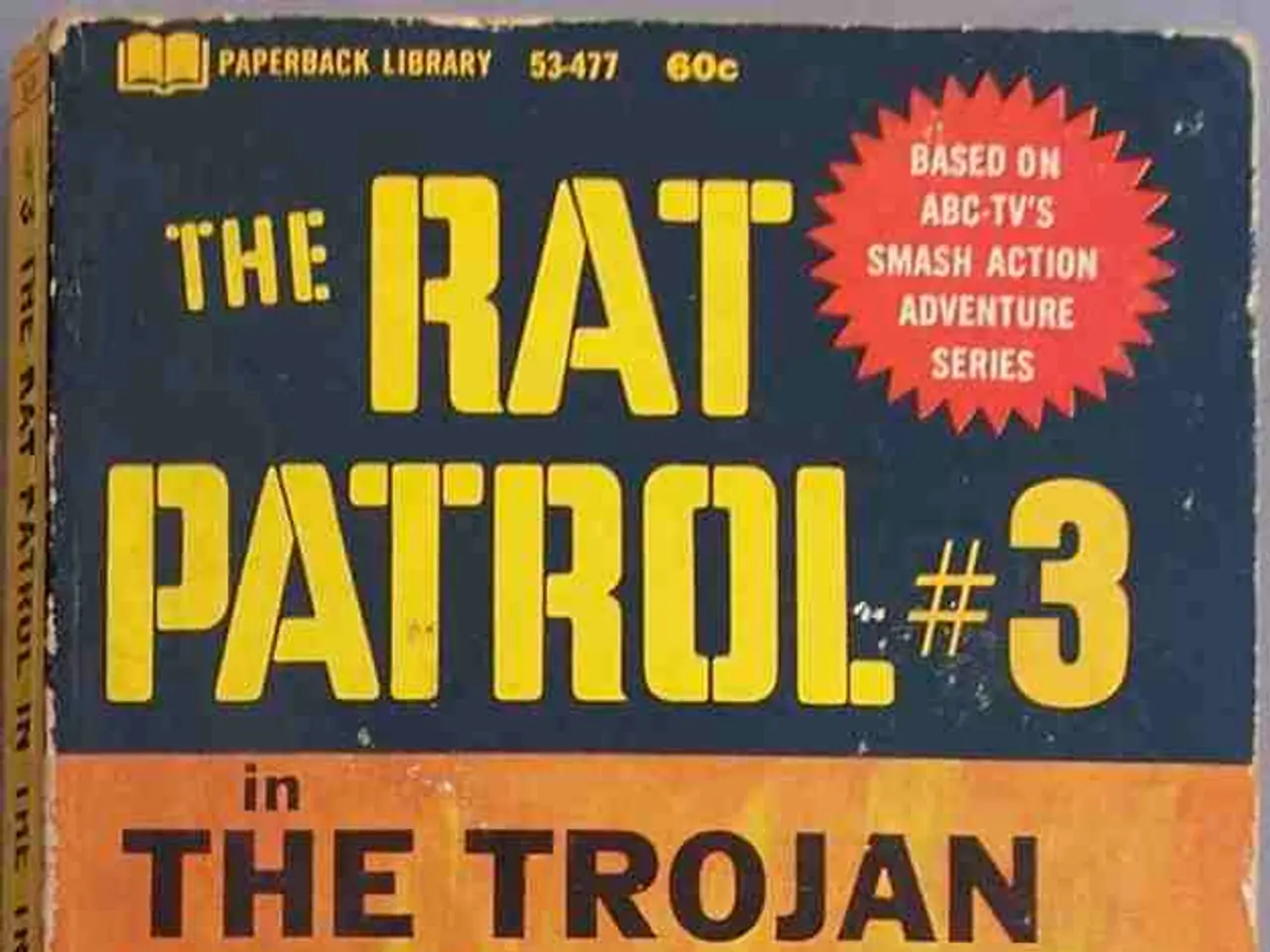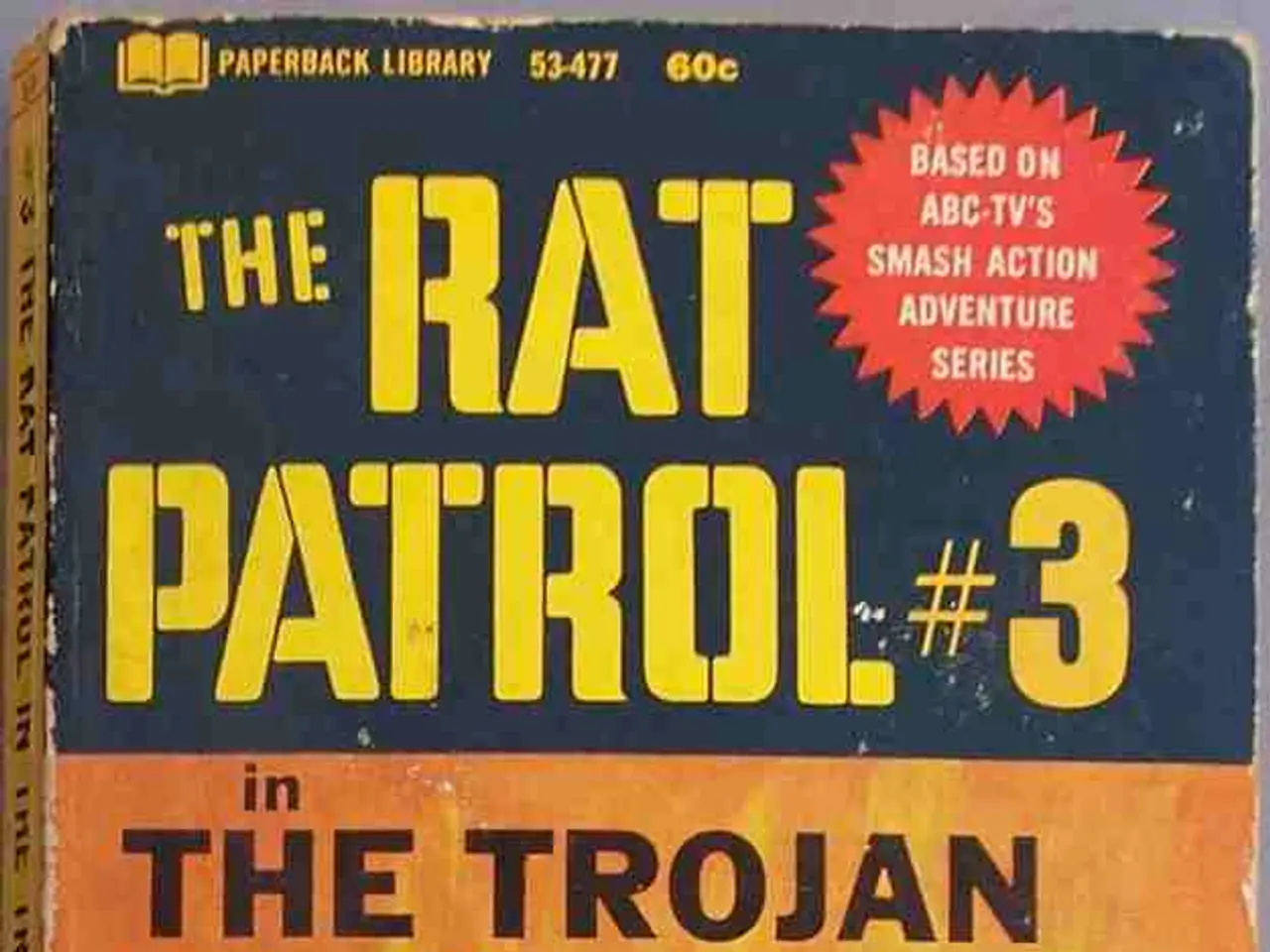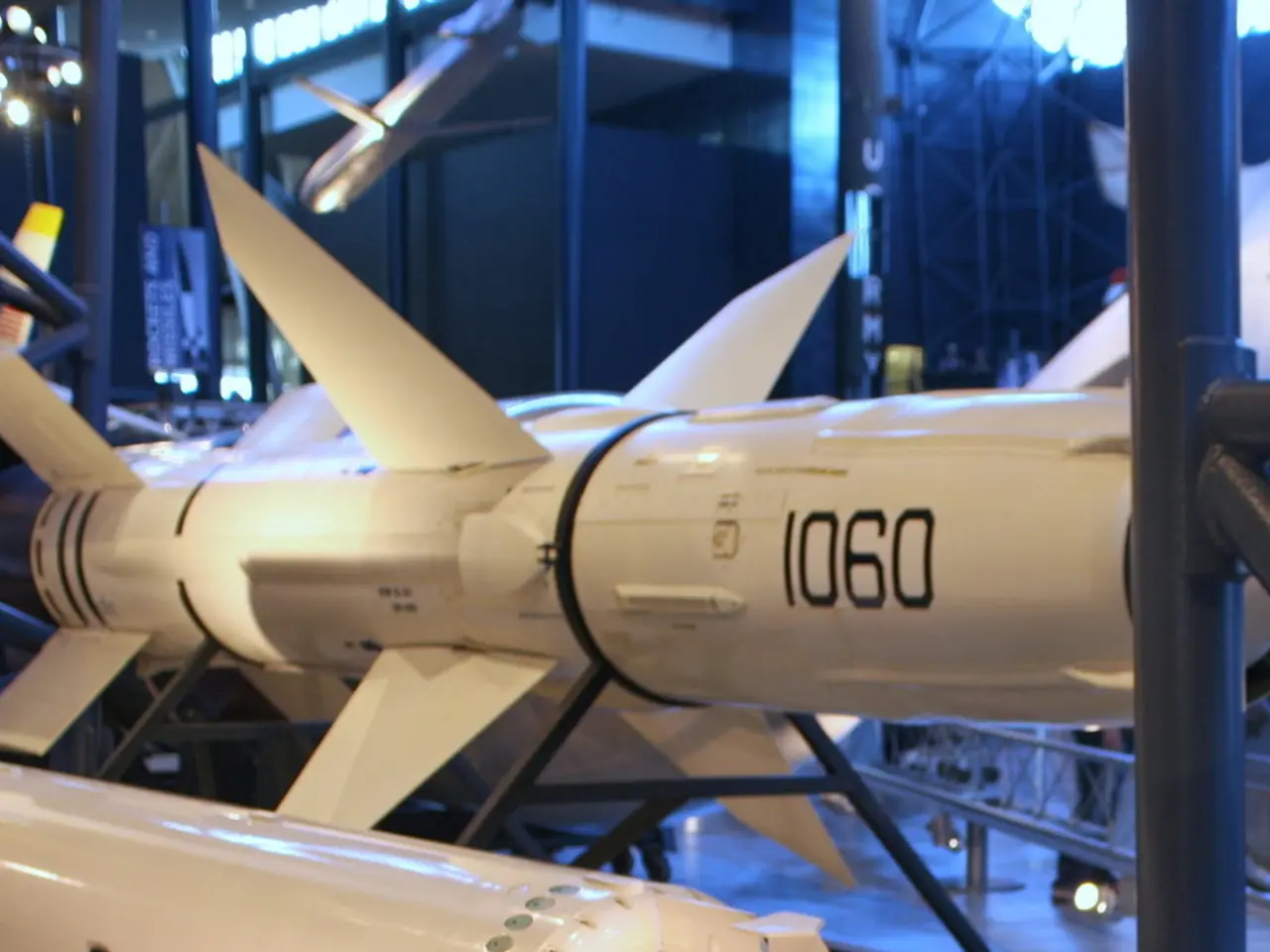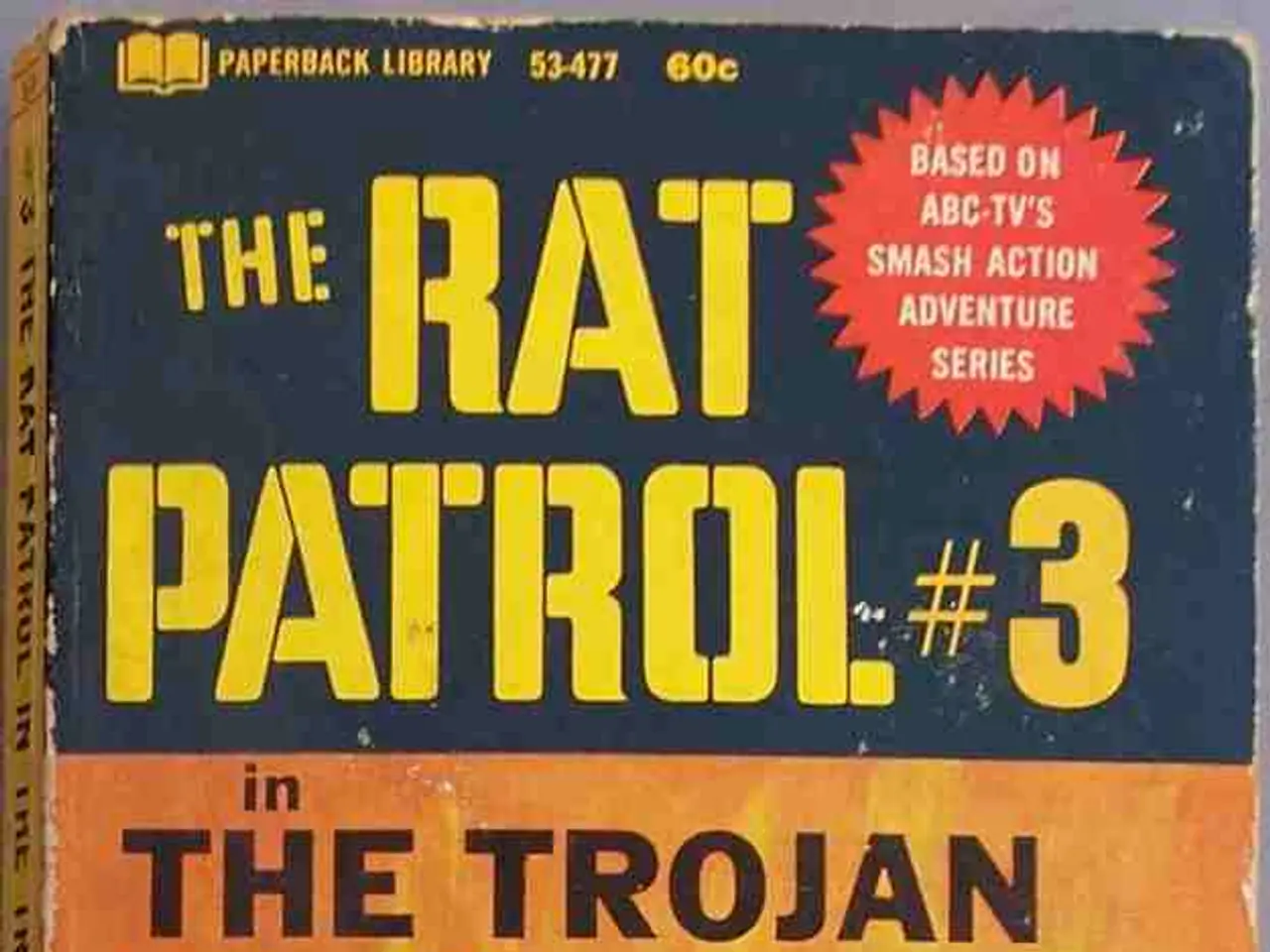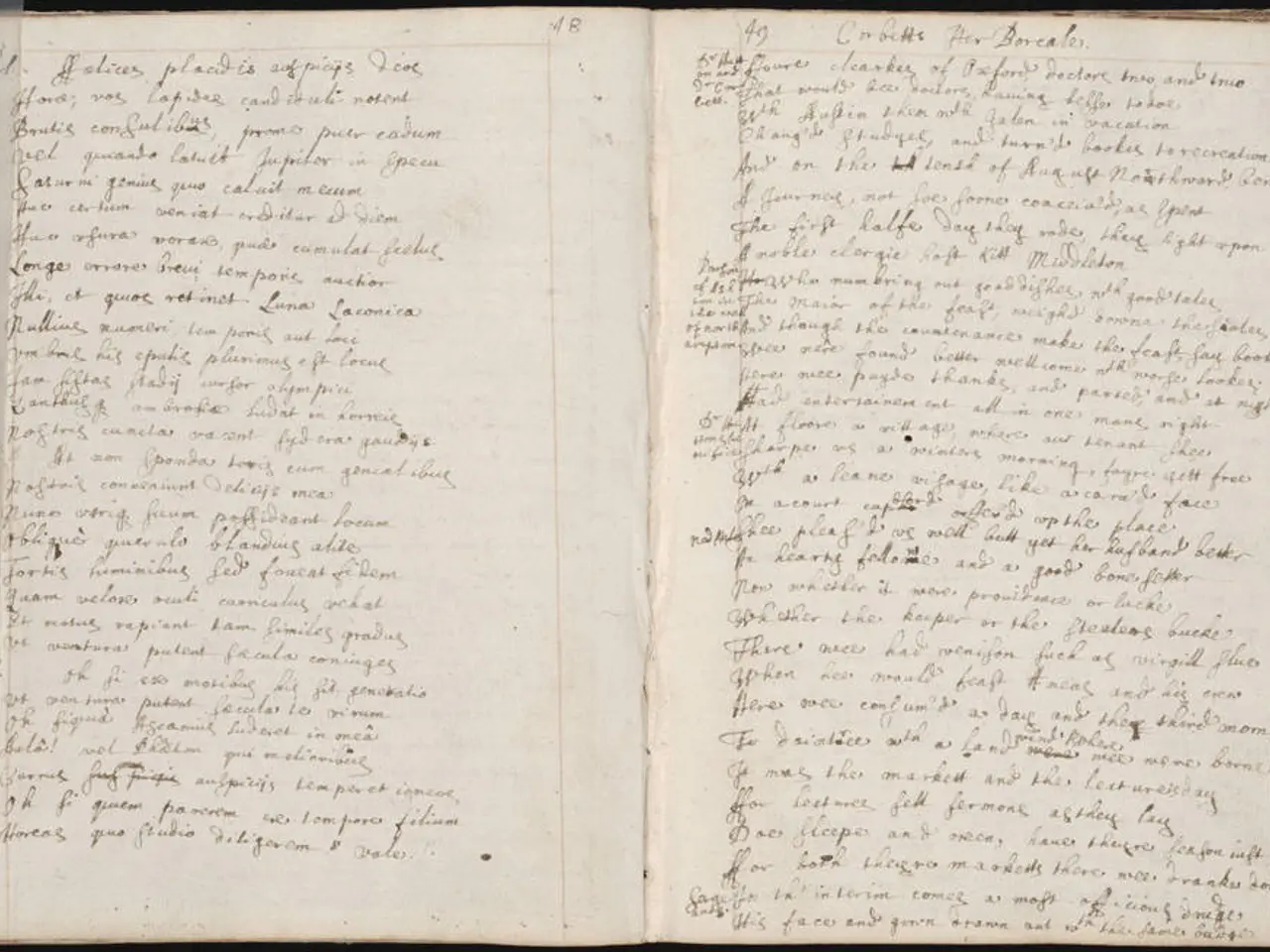Live Updates: Middle East Conflict +++ 01:19 - Iran Suspects U.S. Deadline as Diversion Tactic
Potential Trump Remarks Bolster Suggestions of Distraction Strategies by Iran
In the midst of heightened global tension, Iran's Foreign Minister Abbas Araghtschi voices his suspicion that the two-week diplomatic effort deadline proposed by U.S. President Trump for resolving the nuclear dispute may be a calculated ploy. Araghtschi asserts in an interview with US broadcaster NBC News, "The Yanks better demonstrate their dedication towards a diplomatic solution or they've got something else up their sleeve and they're itching for a fight with Iran anyway." He goes on to speculate, "Perhaps they've had this plan stewing for ages and needed these negotiations to keep it under wraps."
00:45 - NGO: Over 260 Civilians Killed in Iran Attacks
According to a US-based non-governmental organization, Human Rights Activists News Agency (HRANA), at least 657 individuals have been Reportedly Killed in Israel's attacks on Iran. Among the fatalities, 263 civilians lost their lives, while 164 military personnel met their end. HRANA details that it is unable to definitively classify the status of 230 other individuals, leaving their identities and affiliations uncertain.
This non-governmental organization, HRANA, was founded in Iran back in 2005 but eventually relocated to the US due to repression by the Iranian government. Today, HRANA publishes numerous reports on human rights violations in Iran daily.
23:59 - Israel Strikes Missile Launch Sites in Iran
The Israeli Air Force has continued its offensive against Iran, carrying out an series of attacks on missile launch sites in western Iran. In the past few hours, approximately 15 fighter jets unleashed a barrage of devastating strikes on these sites, according to official statements from the Israeli military. The Islamic Republic's air defense forces attempted to intercept a drone launched from Iranian soil near the Mediterranean city of Haifa but failed.
22:55 - UN Chief: World on Brink of 'Chaos'
UN Secretary-General António Guterres warns the world is edging towards a critical juncture in humanity's future as the Middle East conflict intensifies. Speaking at a meeting of the UN Security Council in New York, Guterres shares his sentiment, "We're careening towards chaos: This conflict's escalation could spark a blaze we can't control." Himself a former Prime Minister of Portugal, Guterres emphasizes that dialogue is the key to averting this potential catastrophe.
22:20 - Trump: Europe Unable to Help in Israel-Iran Conflict
U.S. President Donald Trump dismisses the concept of European mediation in the ongoing conflict between Iran and Israel. In a conversation with journalists in Morristown, New Jersey, Trump states, "Iran ain't gonna wine and dine with Europe. They wanna dance with us." He goes on to assert, "Europe can't assist in this mess."
21:55 - Earthquake Rattles Iran
Iran has experienced a significant earthquake. The quake, which struck the province of Semnan approximately 150 kilometers from the capital Tehran, measured 5.1 on the Richter scale. The US Geological Survey (USGS) reveals that the tremor originated from a depth of roughly ten kilometers below the earth's surface. Initial reports of casualties or damage are yet to be released. This earthquake occurs as Iran grapples with escalating military confrontations and a near-total internet shutdown imposed by authorities.
The region, where the Arabian, Indian, and Eurasian plates converge, is prone to experiencing powerful earthquakes from time to time. A devastating series of earthquakes in neighboring Afghanistan during the autumn of 2023 left more than 1,500 people deceased, as reported by the United Nations.
21:40 - Iran Rejects Nuclear Talks Amid Israeli Attacks
Iran categorically rejects negotiations pertaining to its nuclear program until Israel ceases its aggression against Iranian targets. Foreign minister Abbas Araghtchi voiced this stance following talks with his counterparts from Germany, France, and the UK in Geneva. Araghtchi labels the US as "accomplices" of Israel. Meanwhile, the Europeans urge Iran to engage in talks with the United States to achieve a peaceful solution.
21:15 - Iran in Geneva: Another Meeting Soon Possible
Iranian Foreign Minister Abbas Araghtchi exits a meeting with his counterparts from Germany, France, and the UK (E3) in Geneva with a tentative promise of future diplomatic efforts. The discussions carried a sense of seriousness and mutual respect.
To keep up with the latest news on this developing situation, follow our coverage here.
Sources: ntv.de, ino/dpa/rts/AFP/DJ
- Keywords:
- Middle East Conflict
- Israel War
- Israel
- Iran
- Iran Conflict
- Iranian Nuclear Program
- Middle East
- Wars and Conflicts
Enrichment Data:
The present state of Iran's nuclear program and the Middle East conflict demonstrates a prickly and ever-evolving landscape, characterized by recent significant military actions and faltering diplomatic endeavors, primarily involving the United States, Israel, and Iran.
Iran's Nuclear Program Status
- The United States unleashed substantial attacks on Iran's nuclear infrastructure on June 21–22, 2025, targeting three crucial nuclear sites, including the Fordow Fuel Enrichment Plant (FEEP) in Qom Province. These strikes featured six American warplanes dropping twelve 30,000-lb bunker-busting bombs, causing extensive damage and destruction. US President Donald Trump applauded the attacks as a "spectacular military success" aimed at obliterating Iran's nuclear enrichment capacity[1].
- The International Atomic Energy Agency (IAEA) reported no radiation increase outside of nuclear sites following these attacks but expressed concerns about the decline in nuclear security and safety within Iran due to the strikes[1][4].
- Prior to the strikes, the IAEA had formally labeled Iran in breach of its nuclear safeguards obligations for the first time since 2005, citing unexplained traces of uranium at undeclared sites and a stockpile of over 400 kg of uranium enriched to 60%. According to US military estimates, Iran could amass enough weapons-grade material for a nuclear weapon within one week and enough for up to ten weapons within three weeks[2][3].
- Iran has countered IAEA findings and the military strikes with defiance, refusing the agency's claims and announcing intentions to construct new, more secure nuclear facilities and incorporate advanced centrifuges at Fordow, indicating a potential acceleration of its nuclear program[2][3].
Diplomatic Efforts
- Since late 2024, Iran has engaged in a series of nuclear talks with various parties, including the E3 (UK, France, Germany), China, Russia, and indirect talks with the United States brokered by Oman. However, these efforts have been undermined by escalating military confrontations. Notably, a sixth round of US-Iran talks scheduled for June 15, 2025, was cancelled following Israeli attacks on Iranian nuclear sites[3].
Military Actions and Middle East Conflict Dynamics
- Israel initiated extensive strikes against Iran’s nuclear facilities starting June 13, 2025, specifically targeting enrichment sites like Natanz, Isfahan, and reportedly Fordow, alongside conventional military assets and senior Iranian military personnel. These attacks have allegedly claimed the lives of at least 14 Iranian nuclear scientists, some through car bombings[3].
- The Israeli and US military actions are intended to delay Iran's nuclear program by several years, as evaluated by senior Israeli officials. These actions have intensified the conflict dynamics between Israel and Iran.
- The IAEA has denounced attacks on nuclear facilities, stressing the potential danger of radiological incidents and emphasizing the significance of maintaining nuclear site security amidst the ongoing conflict[4].
Summary
To summarize, Iran's nuclear program currently faces severe obstacles from US and Israeli military operations that have inflicted substantial damage on key nuclear sites, yet Iran remains resilient and continues to push forward with its nuclear development. Diplomatic initiatives have crumbled in the face of mounting military confrontations, with recent Israeli attacks forcing cancellations of negotiations. The Middle East conflict is thus defined by escalating hostilities between Israel and Iran, essentially hinging on Iran's nuclear aspirations and regional power struggle, with the threat of larger destabilization looming.
This situation remains fluid and precarious, with international monitoring by the IAEA ongoing yet hampered by security concerns and the increasing militarization of the conflict[1][2][3][4].
- Despite suspicions of ulterior motives, the US President Trump has set a diplomatic effort deadline to resolve the nuclear dispute with Iran, raising concerns about the sincerity of the American stance.
- In uncertain times marked by political tension and danger, the UN Secretary-General Guterres emphasizes dialogue as the key to averting a potential global catastrophe, underlining the precarious state of peace and security in the Middle East.
